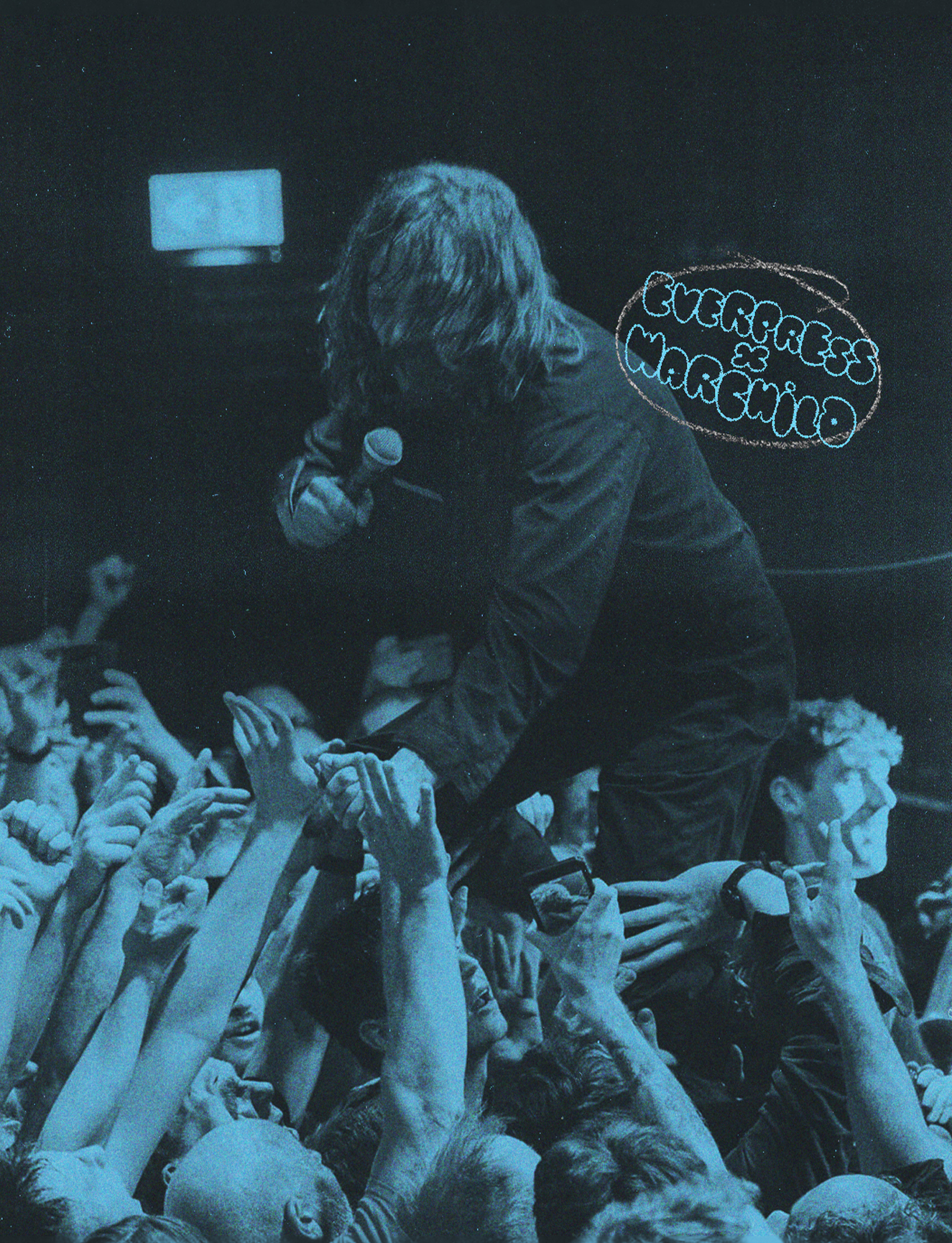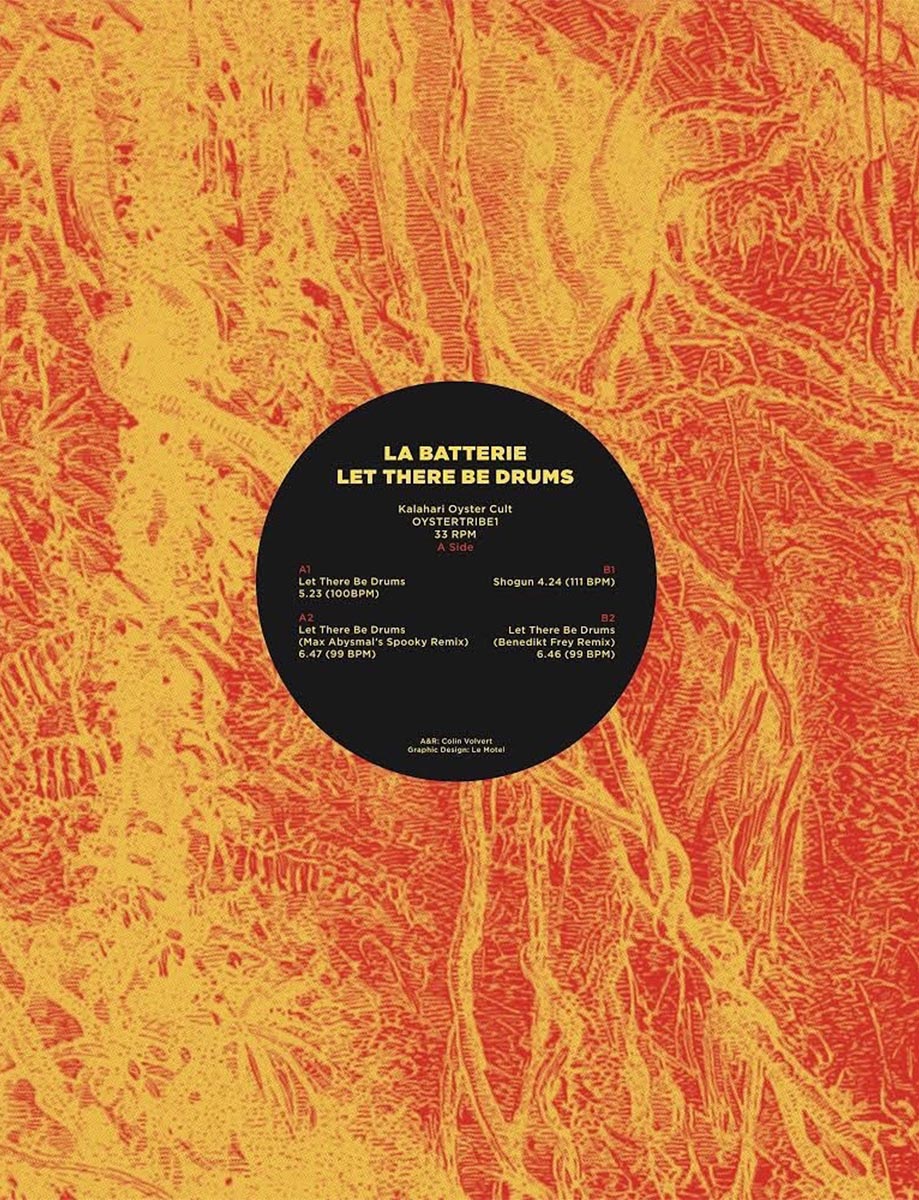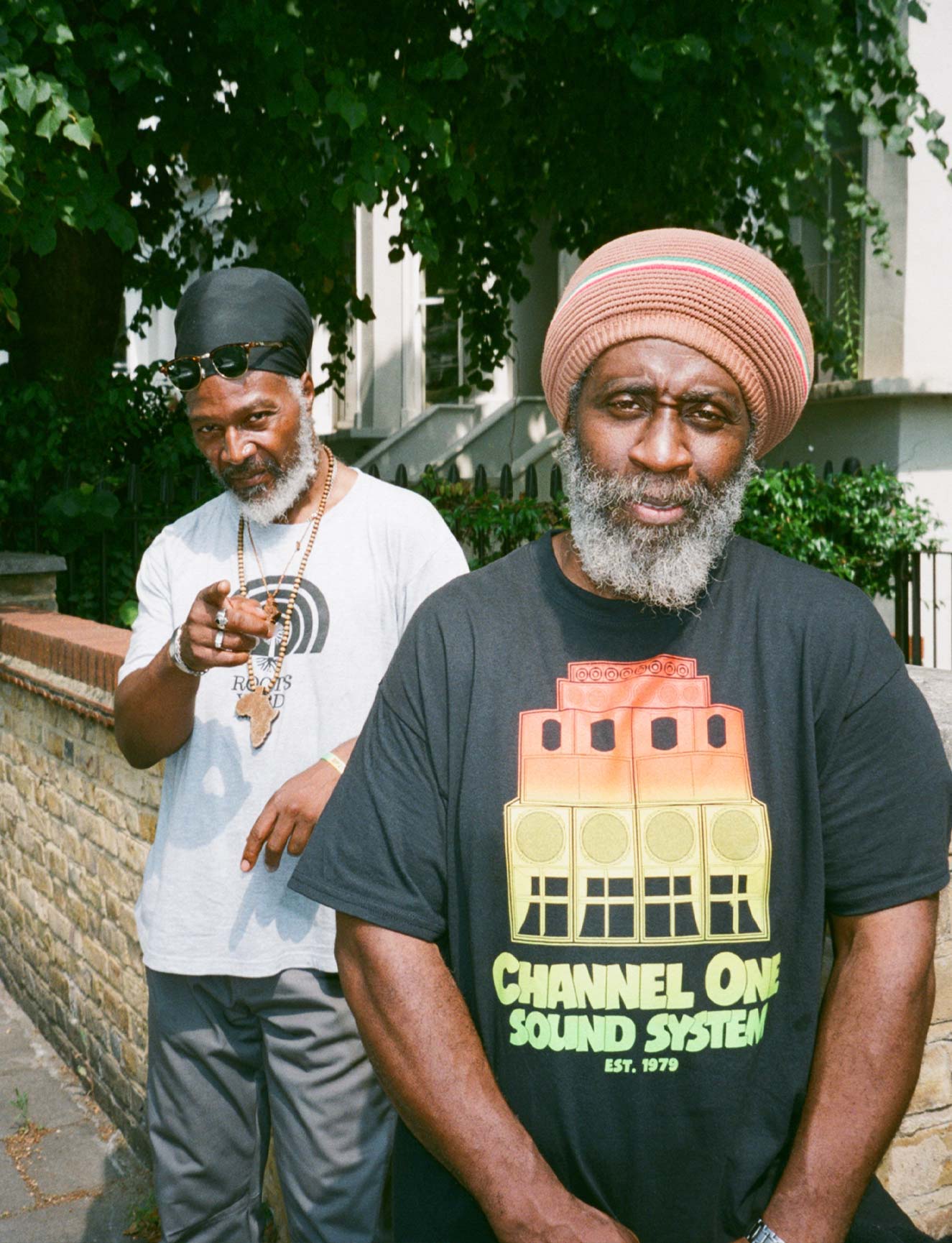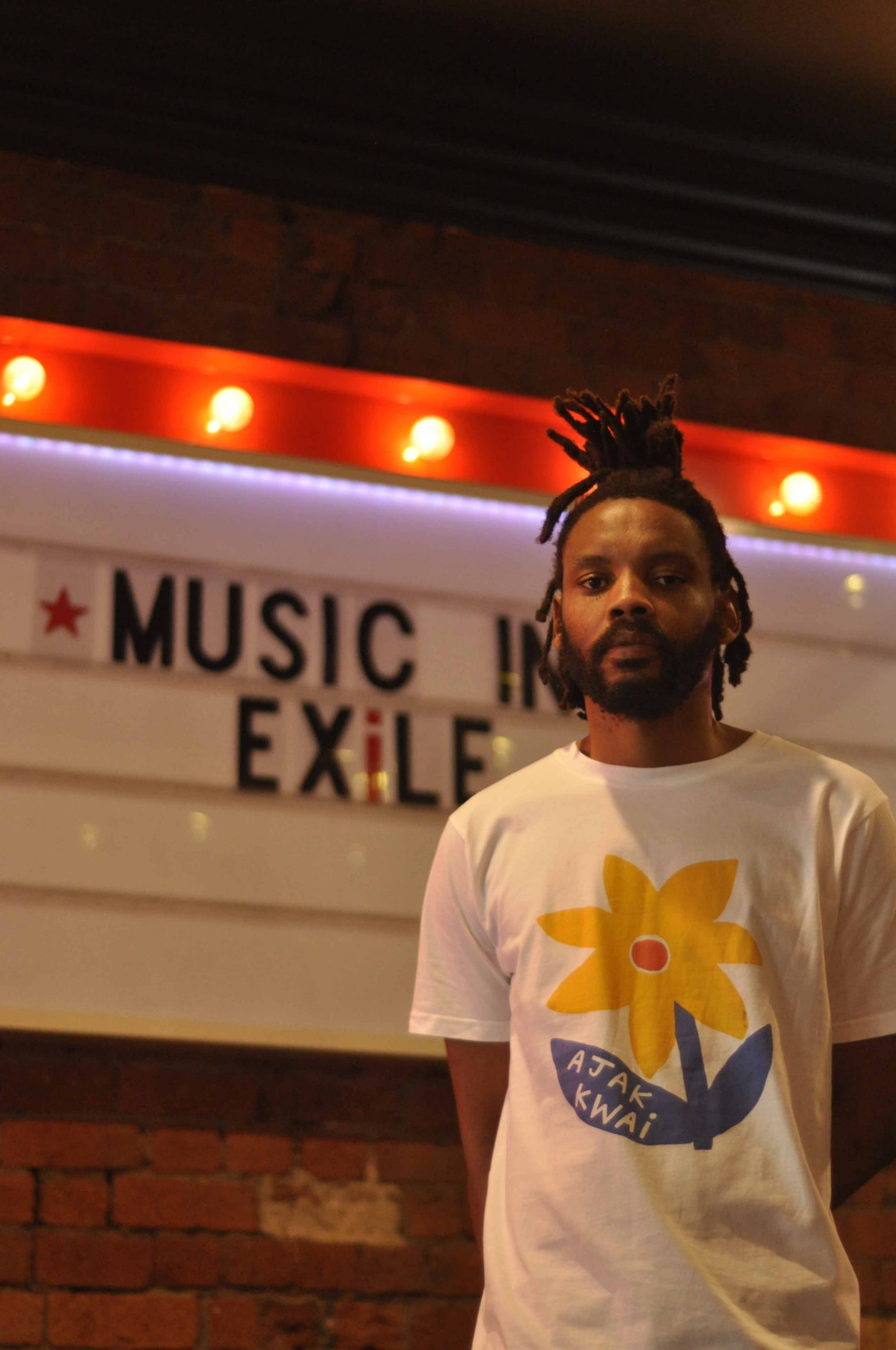War Child – Sean O’Daly
War Child has been running for over 25 years now, how exactly did it get started?
War Child was founded in 1993 by filmmakers David Wilson and Bill Leeson, along with social entrepreneur Willemijn Verloop. On assignment in the former Yugoslavia in 1993, they were horrified by the violence and ethnic cleansing they witnessed and particularly the impact this was having on innocent children. When they returned to the UK, they were shocked to find that this massacre, happening on their European doorstep, was met with indifference and inaction from political leaders. So, they decided to do something about it – and War Child was born.
Why is music specifically so important to raising funds for, and awareness of, War Child?
Music has always been at the core of War Child’s activities. As our founders were well connected within the music industry, they saw a huge opportunity to engage high profile artists in raising awareness and funds for War Child’s cause. In 1995, we released a charitable album called Help which was incredibly successful, featuring tracks from some of the UK’s biggest artists of the time (Massive Attack, Portishead, Radiohead, Blur, Oasis and more) and raising over £1.25 million. Music remains a central part of War Child’s activity to this day, and we have a dedicated music team who deliver fundraiser gigs, club nights, a record label and other music activations in partnership with the wider music industry. Collaboration with influential artists and music platforms is not only a big fundraising opportunity, but it also helps amplify our cause and connect us to forward-thinking, diverse and receptive audiences.
Music has always been at the core of War Child’s activities
How would you describe what War Child do?
War Child are the only charity dedicated to supporting children affected by war. We operate in many countries around the world affected by conflict, to keep children safe and support them to heal, learn and thrive. We understand their needs, respect and stand up for their rights, and put them at the centre of everything we do.
Over the course of your own time at War Child is there one thing that they’ve been able to achieve that you’ve been proudest of?
I am proud of a recent initiative we launched called Dance For Good where 11 leading UK venues joined forces to donate a share of their bar profits from the 29th April to War Child. That date was International Dance Day, so we were celebrating the club’s contribution to dance culture whilst also raising funds. Participating venues included The Jazz Cafe, Village Underground, The Love Inn and Phonox, and the hope is that the list of venues continues to grow each year.
How do you prepare for events? Is there a theme that runs through War Child shows, or certain artists you seek to work with say?
It really depends on the event, but as a charity we rely a lot on collaboration and good will. We are very fortunate to have very dedicated, long-standing support from the music industry, with music committees who support us in securing artists and promoting our activations and events. There isn’t necessarily a theme that runs through our events, though they will sometimes be reactive to specific moments when crisis breaks out in a war zone. For example, last October we ran an Afghanistan Emergency Fundraiser with RA, whilst this year we ran a joint Emergency Fundraiser for Ukraine and Yemen.
Why was it valuable to collaborate with a designer?
We wanted to collaborate with a designer from one of the countries we operate in, to tie this project back to our cause. This is why we were excited to work with Estherr La Main D’or, from the Democratic Republic of Congo.
VC PINES
What made you want to be part of Parallel?
The story behind Parallel has always been collaborative, supportive and it’s always had a buzz about it. Starting with supporting venues and collaborating with artists and magazines – and now in support of Warchild UK through sustainable merch – it’s definitely something I want to be a part of. I’m also very much a live artist, so an excuse to play in aid of Warchild is a huge bonus.
Can you talk a little bit about Warchild? Why is the work they do so vital?
I’ve been aware of Warchild for a while, they’re great at using the music industry to gather support, though I’ve never had the opportunity or the means to support them until now, so I’m excited to be a part of this.
The story behind Parallel has always been collaborative
Do you think music can be political? Do you want your own music to be?
Some of the best music out there is political. The Clash, Talking Heads, Kendrick, Rage Against The Machine, N.W.A, Childish Gambino, and loads more. I think it’s hard not to be if you really have something to say. Some issues are raised more discreetly than others, but it doesn’t detract from the meaning. In most cases I think a double entendre can be the most powerful delivery. I wouldn’t say my music is ‘on the nose political’, but I write about the lack of support for our mental health and youth frequently, as that’s where I’ve been personally affected.
What’s the relationship between your music and your aesthetic?
I work in and out of fashion as well as making music, so my aesthetic ties in very closely. I’ll definitely write a certain type of song depending on how I’m dressed when I go to the studio. For this I wanted to make something quite old school, the kind of tee you might dig out of a trunk at a car boot sale, or something you might see someone wearing in a Harmony Korine movie.
What gives you hope?
Unexpectedly big conversations with strangers. Sometimes I swear, I’ve been on the tube, or walking down the street, listening to music or some new demos, and someone’s come up and started talking to me, and I’ve thought ‘ah shit here we go’. Then they ask me a question, or ask to hear my music, or ask for some help, or give me advice! And it’s little things like that, having a really good conversation with someone you’re only going to see for two minutes in your entire life, that make me realise what’s important and give me hope.
Loud And Quiet – Stuart Stubbs
What made you want to be part of Parallel initially?
It always features such great designers and companies, some of whom we’re friends with. That would have probably been enough, but if it hadn’t been, the series’ support of War Child would have swung it for us.
We need to help refugees, and that’s all there is to it
Can you talk a little bit about Warchild? Why is the work they do so vital?
War Child is an incredible charity. Of course it’s true that their work needs support more now than ever due to the war in Ukraine, but the sad fact of the matter is that their work is always vital. The horror of what’s been going on in Ukraine has touched everyone, it seems, but conflicts are constantly going on around the world, meaning that, as victims of war, children and their families need the help of charities. It’s not their fault they’re in these terrible situations, and we should never forget. We need to help refugees, and that’s all there is to it. I can’t understand why anyone would feel differently, and I’m constantly disappointed by our current government who have treated victims of war so appallingly for years.
Do you think music can be political?
When people think of politics in music they first think of Bob Dylan and Joan Baez and Billy Bragg. And that’s definitely one side of it – that’s how music has been political in the past, and can continue to be. But I think the music itself is only the half of it. Music isn’t only about the music. People follow artists because they align with their beliefs, and they look up to how they behave off the stage as well as on. There are lots of artists who don’t make outwardly political music, but they make their feelings clear in the way they operate, what they say on social media and who they choose to support. I think that can even be more powerful and influential than the tracks having a political message. Just look at the Grime for Corbyn movement.
For you, what’s the role of an independent magazine on the current music landscape? And in supporting emerging artists?
It some ways it hasn’t changed. As a magazine that started just before social media really got going, our job was to make sense of all this new music coming through on the open internet and curate it for people trying to have a grasp of it all. With streaming, people thought that job might not be needed so much, but if anything it’s more important due to the amount of music now released: how do you actually delve into the story behind the music that’s coming out now, in the world of algorithms and quick fixes? Of course, for some, they’re happy just with the tracks and don’t need more than that, but if you do, that’s where finding a magazine or site you love can be a great thing.
Music isn’t only about the music
Since its inception Parallel has combined a merch campaign with a live show. Why are live shows still so important for new and emerging artists?
I think the simple answer there is that live shows are how artists support themselves now. They can’t through streaming, that’s for sure, and most emerging artists won’t have an album out for quite some time. Even when they do, it’s all about getting out there and creating a buzz by playing in front of people. How IDLES blew up is a perfect example – they released their first album themselves and toured so heavily it picked up steam off the strength of the live experience. They caught the eye of a lot of labels and signed a deal off of the back of that live excitement.
What gives you hope?
Young people. The generation below mine, who in recent years have mobilised and held school strikes over climate change are incredible. They’ve got a tough ride ahead of them in so many ways, and it’s sad, in a way, that they have to be so well-educated on social and political issues at such a young age, but they’re stepping up to it. I sometimes wonder if the generation above mine look down at ours and thought how much further we’d progressed, but it would have been nothing like how ahead of the game young people are now on issues of race, gender politics and the climate.
Read More: INFERNO: The Nicest Party In London






